From Drinkin’ Bros to The Flop House, How Facebook Groups Are Providing Real-Life Support
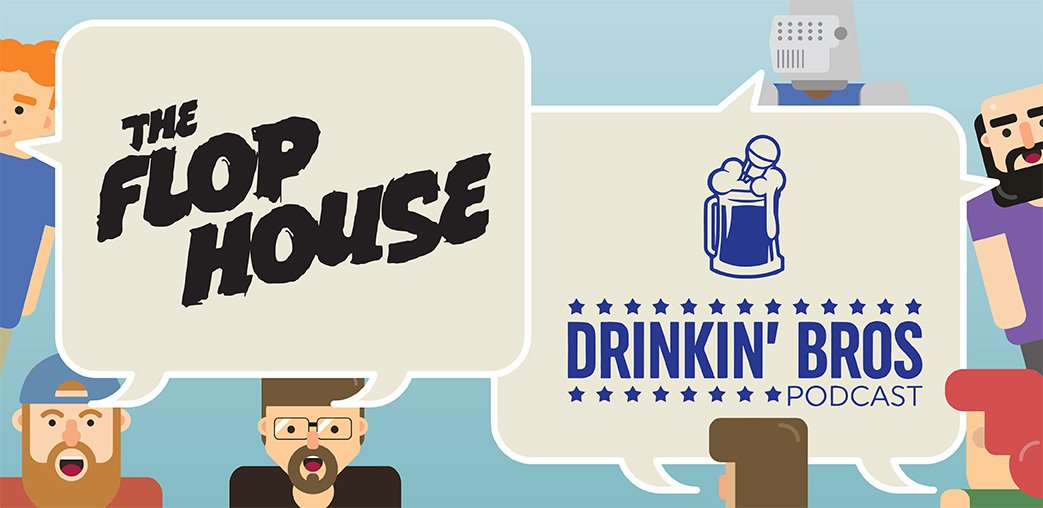
Illustration by Travis Bentley/Coffee or Die
At the beginning of 2018, Facebook announced that it would be changing the News Feed aspect of the website to eliminate most posts from Facebook “pages” to allow for more content from friends and family. “We’ve gotten feedback from our community that public content — posts from businesses, brands and media — is crowding out the personal moments that lead us to connect more with each other,” said Facebook CEO Mark Zuckerberg in a public Facebook post last January.
One word in Zuckerberg’s post has had an outsized effect on what appears in a user’s News Feed. “The first changes you’ll see will be in News Feed,” wrote Zuckerberg, “where you can expect to see more from your friends, family and groups.” The organized communal experience on Facebook would now be focused on the growing phenomenon of groups rather than pages.
Alice Marwick, a professor at the University of North Carolina at Chapel Hill who studies social, political, and cultural implications of social media technologies, explained that there are two different types of relationships on Facebook: proximity-based and interest-based.
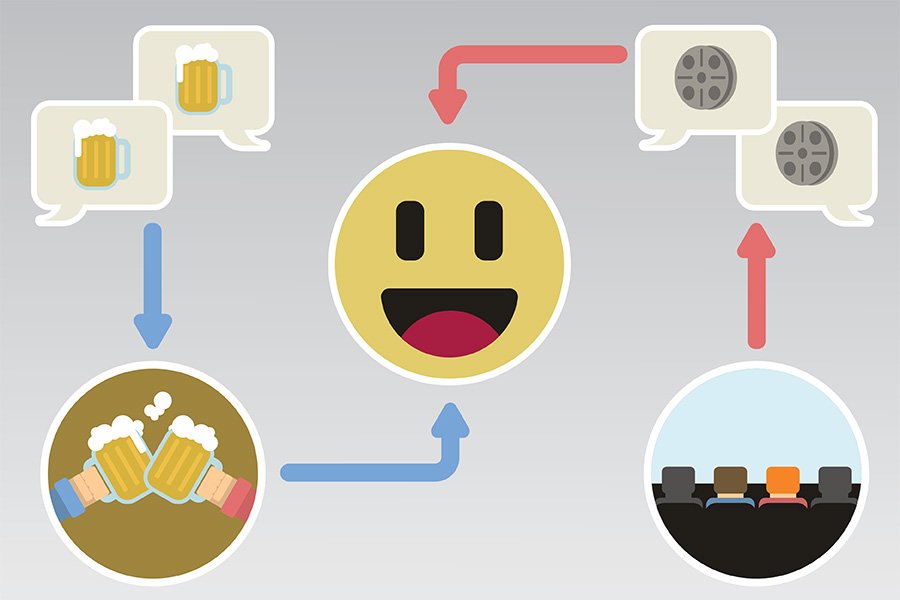
“When Facebook expanded, it was still very much about connecting with people you knew in real life,” Marwick said. “Facebook has obviously had communities on the site for a very long time, but they’ve really doubled down on them in the last few years. They’ve brought the interest-based and the proximate together. It becomes a place where you are now able to meet people as well as connect with people you already know. How effective that really is, I’m not sure.”
In the experience of some Facebook users, however, the groups they’ve joined have created not only bonds of friendship but havens of support and safety.
Jarred Taylor and Mat Best already had a Facebook page back in 2014 as co-founders of Article 15 Clothing when the idea to connect personally with their customers began to percolate in their brains.
“Once or twice a week we used to randomly just give out our Skype on Article 15’s Facebook page and let fans call in and talk to us for a few minutes,” said Taylor. “The most messages we ever got into Art15’s inbox were all these people saying, ‘Man, I wish I had friends like you guys who lived near me.’ And we were kinda like, ‘You probably do.’”
It became clear that this wasn’t just a customer base, it was a community waiting to happen. Within a few months, their new Drinkin’ Bros group grew to 25,000 members; today, they’re over 101,000. Taylor isn’t surprised by the strong bonds that have been created within the group.
“Everybody’s kinda wired the same way that’s in there,” Taylor explained. “Not everybody is military or prior military, but they are pro-gun, pro-Constitution, pro-America. They own firearms, they train with them, they buy gear, they camp, they’re outdoorsy people.”
Along with the popular Drinkin’ Bros podcast, there are approximately 850 spin-off groups at Taylor’s last count.
“The location groups alone, there’s over 300 location groups worldwide,” he said. The Drinkin’ Bros Austin group is the largest, but according to Taylor, “Drinkin’ Bros Estonia is the most organized. They have two meet ups a month. They’ve got their own sequence of events that goes down, a full drinking ritual and chants, stuff like that.”
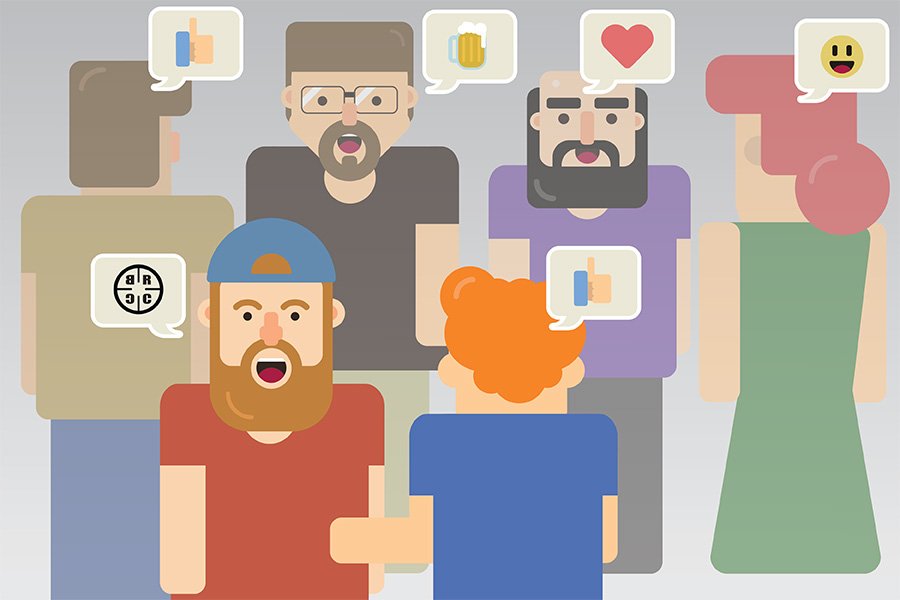
Outside the location-specific groups, there are also topical groups. The first two were Drinkin’ Bros Fitness and Drinkin’ Bros Nerds, but soon after came Drinkin’ Bros: Vigilant Guard.
“We were getting a lot more posts regarding looking for help or just reaching out for somebody to talk to,” said Bob Cox, one of Vigilant Guard’s group admins.
In Vigilant Guard, members can talk to one another for assistance with various life stresses and mental health issues.
“We’ve seen in the hundreds of self-identifications where someone’s said, ‘Hey, this is it, goodbye everybody,’” Taylor said. “You’ve got a number of admins in there that are well-versed in procedures for when someone is threatening that they’re going to do something to themselves.”
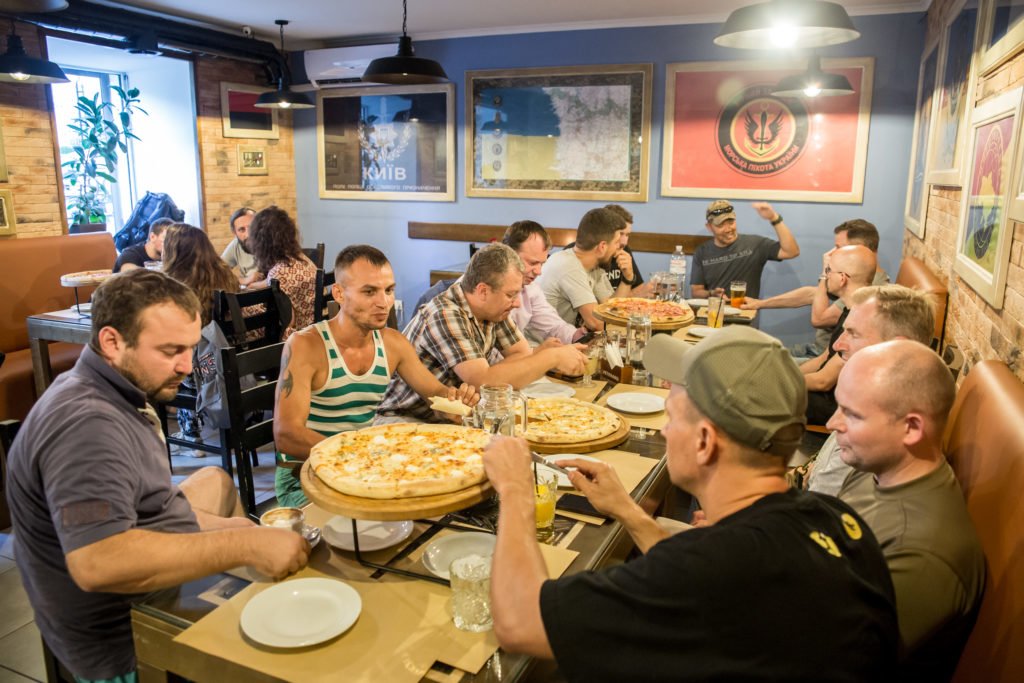
The point of starting Vigilant Guard, said Cox, “was to have a stand-alone group where the entire purpose is outreach. I’ve seen it develop from inception. To see people pull together when it seems like this world is just so full of anger and hate, to see something positive where people are uplifting and helping other people, that’s what makes me so proud of it.”
Sometimes members simply need to get their emotions out, and in those posts responses tend to be along the lines of, “If you ever need to talk, I’m here for you,” as Cox described it. But when members are expressing actual suicidal or self-harming ideation, “people tend to be more proactive in their responses, tagging an admin, making us aware of what’s going on, trying to make contact with the individual themselves.”
Cox said there have been quite a few extreme cases: “We’ve had members that were in the area within even a couple hours away, and under their own accord try to make contact with that individual, just try to make them feel not alone and that they’re part of something bigger than themselves.”
There are a few different aspects of the culture that Cox sees as key to why Vigilant Guard is so important.
‘I don’t think any of us ever expected it to get where it is — or where it could go.’
“One of the things a lot of people in the military or first responders are told is, ‘If you need help, go get help, it won’t affect your career.’ That’s unfortunately not true,” Cox asserted. “Once you do look for help, especially when it’s something regarding serious mental health issues like suicidal ideation or depression, it flags a lot of people as far as advancement in their respective fields and keeps them from progressing the way that clearly they deserve to and should.” Vigilant Guard tries to assist people stuck in that situation. “It gives people a place where they can vent and not have to worry about that repercussion.”
Cox sees Drinkin’ Bros as a whole as a valuable resource on a broader scale, likening it to a modern-day VFW.
“Our generation is a digital age, and we don’t have the VFW or the Vet Center or American Legion, stuff like that,” he said. “What’s beautiful about it is the whole goal of Drinkin’ Bros was to bridge that gap between the civilian and veteran population and just find like-minded individuals that have a similar way of thinking and like to hang out.
“I don’t think any of us ever expected it to get where it is — or where it could go.”
The Flop House podcast, hosted by comedy writers Dan McCoy, Elliott Kalan, and Stuart Wellington, is built around humorous reviews of motion picture box office failures. The podcast started in 2007, and in 2008 it spawned a vibrant and thriving Facebook group with over 9,000 members. There are dozens of posts per day, and the Floppers have recruited 10 members to act as moderators.
“It honestly scares me some, how big the group has gotten,” McCoy admitted. “I can’t control it anymore, and if fires arise on the site, I can’t be the one to put them out.” But the membership usually rises to the occasion. “The community is very good at self-policing, and if any sort of intolerance arises, it’s slapped down pretty quickly.”
“I’m proud of the community aspect of things,” McCoy continued. “There are people who have made friends, gotten roommates, or even become romantically involved through the group, and I suppose I’ve enriched people’s lives that way.”
As the group grew, segments of the followers created Flop House spin-off groups about topics such as parenting, politics, and even one that functions largely as a place to share memes.
“It’s nice that people can share their specific interests and not feel beholden to some idea of what the main group is,” McCoy said.
‘It relates to the whole thing about social media being the ‘highlight reel’ of people’s lives. We spend a lot of time here but feel limited in what we can really talk about openly.’
One extremely active spin-off group is a support group for Flop House listeners to talk about their mental health. Gena Radcliffe is the moderator and creator of the group. She started listening to the Flop House after it was profiled on the A.V. Club website.
“It’s weird,” she said. “I hadn’t bothered much with groups on Facebook before that, but something compelled me to check it out.”
Starting the mental health spin-off group was a way to fill a niche within the membership that was clearly in need of being filled.
“It relates to the whole thing about social media being the ‘highlight reel’ of people’s lives,” Radcliffe said. “We spend a lot of time here but feel limited in what we can really talk about openly. It’s the cost of ‘friending’ everyone we’ve ever known.”
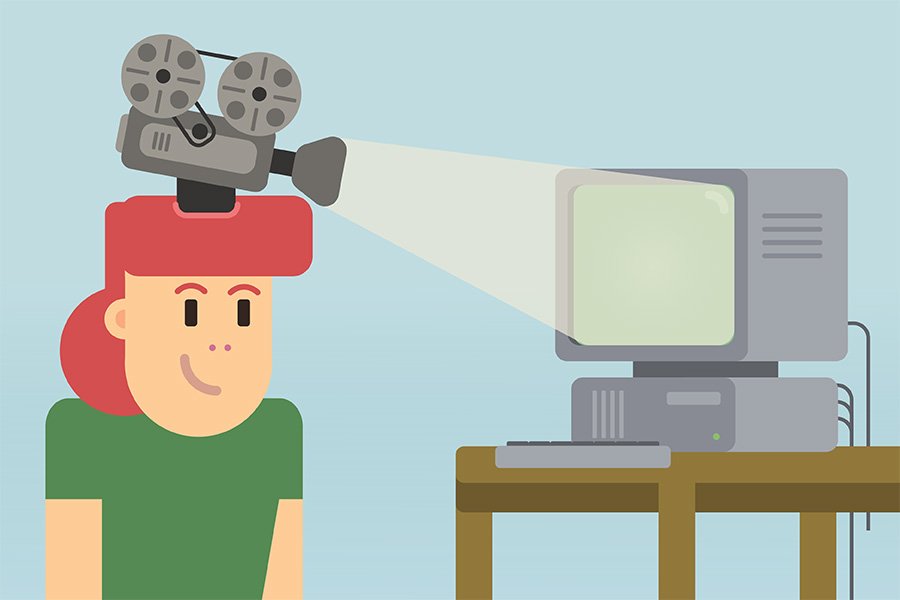
Radcliffe posted once on the Flop House group that people should feel free to contact her via Messenger if they ever felt in need of support, and she was surprised by how many people took her up on it. She created the group at that point so it could be a more communal source of support instead of all falling directly on her.
The group now functions independently from its Flop House parent and is intended to be a place to provide support and not advice. Radcliffe said she even has a rule that advice cannot be offered unless it’s specifically asked for. Many posts won’t even receive any comments, just a sea of heart reaction emojis to let the authors know they have been heard.
“I think by instinct we want to make things better for people when they’re in pain,” Radcliffe said, “but most of the time they just need to get something off their chest.”
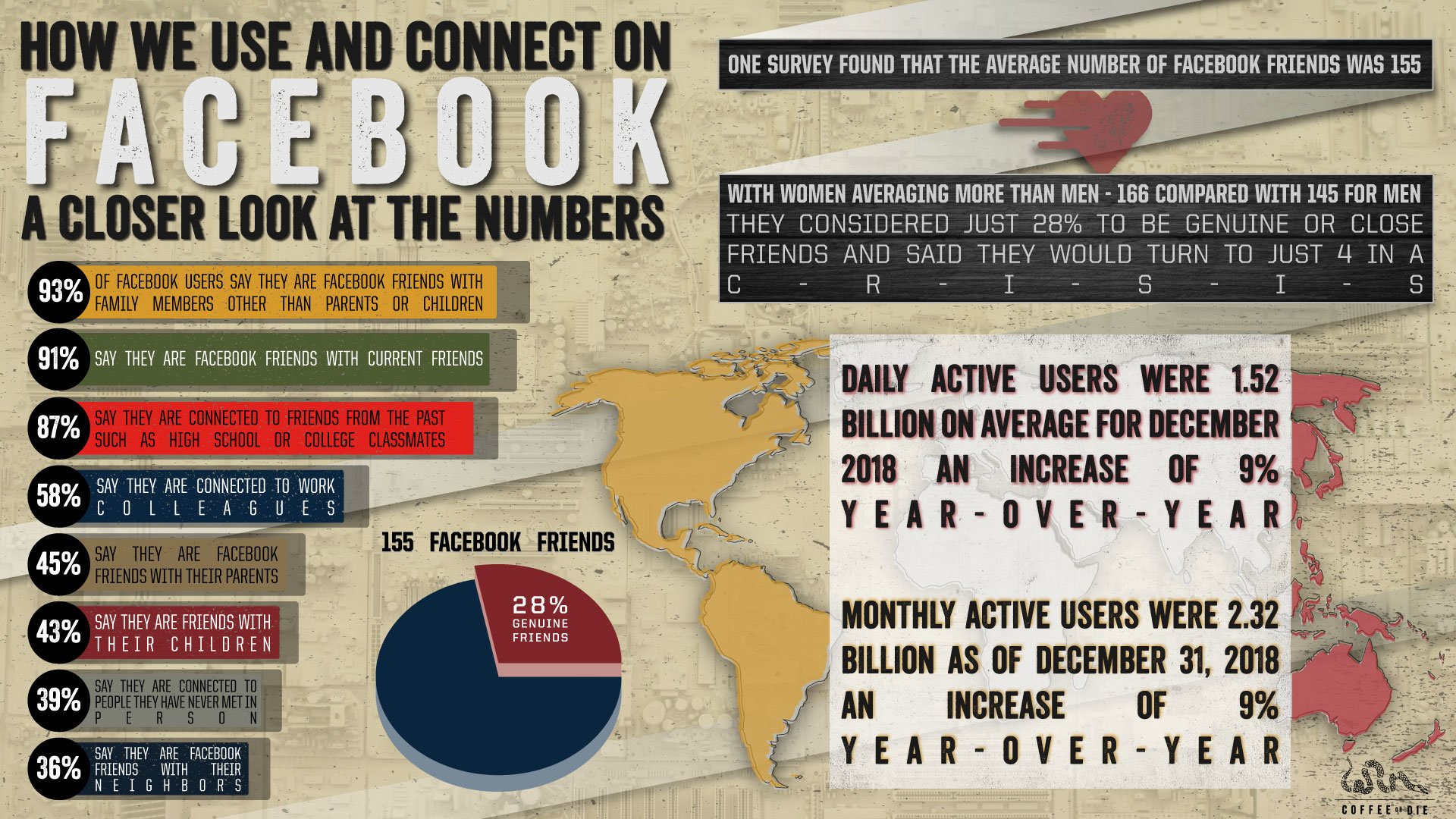
Sometimes things take an extremely serious turn, and Radcliffe will post the suicide prevention number and ask the poster to reach out to someone who lives nearby to come be with them. She takes her responsibilities as moderator very seriously, outlining guidelines of the group, such as no screenshots or posting information outside of the group. She admitted that those rules can be difficult to enforce, “but the safety of the other group members has to be first priority.”
Many groups on Facebook are secret, unsearchable, and accessible only by invitation. These groups are small and facilitate extremely close relationships, even leading to meetings of members in real life.
“Our stance is simplistic consistency,” said Evan, the creator of one such secret group, composed largely of military veterans and law enforcement professionals. “It’s like ‘Seinfeld’ — it’s all about nothing. There’s no agenda. We’re not selling T-shirts. Discourse is encouraged. It’s wonderful to see smart people pollinate.”
While the group spends a lot of time engaged in irreverent humor and political debates, there’s also a deep personal bond among members.
‘The thing that makes it function is its rather strict criteria of reputation-based additions.’
“They’ve discovered friendship, employment opportunities, lots of growth, discussion founded in objective reasonableness and dignity,” Evan emphasized, adding that members of this group come together to provide help and comfort to one another through crises involving substance abuse, financial issues, and even suicide. “You can’t help everyone yet everyone can help someone. That was my intent when I started it. Ironically, it was me who needed it more than anyone else at first. It is wonderful knowing others have benefited from the group as much as I have.”
“Evan should take credit for creating something that’s bigger than himself,” said Steve, a member of the group since its inception.
Steve said that at first, the group “could be a rude, crude place,” but as it matured, he found himself depending on other members for support throughout his recovery from alcohol abuse.

Steve has now turned it around and supports other members: “If it’s in my lane, “I’ll step into that lane and try to help.” That ranges from public support on the group, private support in Messenger or on the phone, and even getting one member into the same recovery program he used, Veterans Unstoppable through the VALOR Foundation.
“[This group is] one of the few places on social media that’s not superficial,” asserted a member named Chris, who not only served in the U.S. Army with another member but has met other members in person.
Another member named Brad said that “the thing that makes it function is its rather strict criteria of reputation-based additions.” Members suggest other members, and if they don’t pass muster, that can linger on the original member’s reputation.
There are less than 300 members currently; the group has gotten up to around 500 members before, but once it reaches that point there is usually a mass culling.
“If you add someone that fucks up,” he explained, “that’s not just on them. It’s on you. There are very few organizations that operate in such a manner, and it requires a firm, reputable base of initial membership to pull off even in small scale.”
There are less than 300 members currently; the group has gotten up to around 500 members before, but once it reaches that point there is usually a mass culling.
“If you take things personally, you’re gonna get thrashed,” Steve said. “I’ve seen some people who go off the rails, and it’s like throwing meat in a Brazilian river. The piranhas are coming, and they’re going to decimate you.”
But for members who can take the heat, the bond is strong and clear.
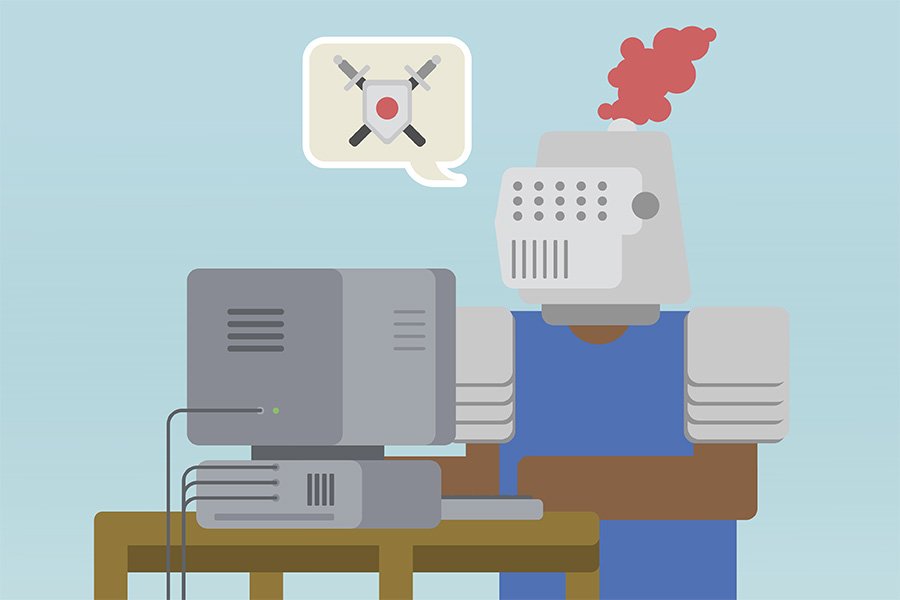
Professor Marwick is skeptical that the connections made on Facebook will ever match those made in earlier days of social media on platforms like LiveJournal or Tumblr.
“That was a time when people thought that that they could spill their guts to the internet without it making the rest of their life untenable, and now everyone is so much more guarded,” she said. “Nobody even blogs anymore because nobody wants to put something on the internet they’re going to be taken to task on five years later.
“When it comes to big Facebook groups,” Marwick continued, “I think most people come into those knowing that since it’s attached to your real name, there is the possibility that what you say in these groups will come back to haunt you in some way. Because you do make it possible for people to retaliate and doxx each other. That’s kind of on the table right from the beginning.”
Because of that, Marwick sees examples of deep bonds formed on Facebook groups as the exception rather than the rule.
‘[M]ost people assume nowadays that what they say on Facebook does not stay on Facebook. Whether or not that’s true, I think that’s a very widespread perception.’
“If you’re in a little closed group, that might make you feel a little more likely to post something that makes you vulnerable,” she admitted — but, as a counterpoint, she thinks that “most people assume nowadays that what they say on Facebook does not stay on Facebook. Whether or not that’s true, I think that’s a very widespread perception.”
In her opinion, Facebook has not earned itself much goodwill over the last few years as a good forum for these sorts of relationships in the long run.
“People see Facebook as somewhere that people are watching them, people are monetizing their content, and everyone is very careful about it,” Marwick said. “Facebook as a whole does not lend itself to the the type of longform self-reflection and interaction that LiveJournal did. The affordances of the site are just fundamentally not there. What it does lend itself to is constant ambient awareness of other people and ambient interaction.”
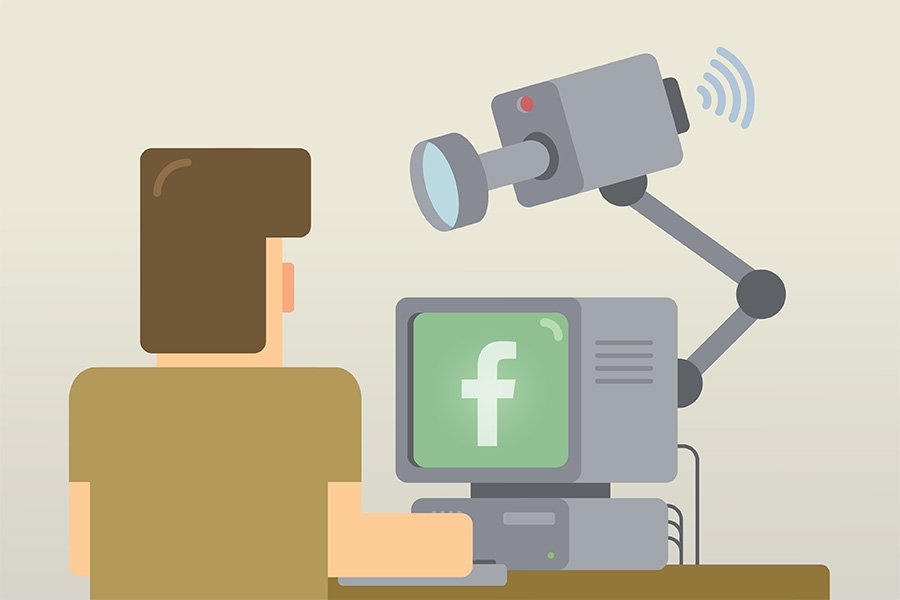
In Marwick’s opinion, Facebook groups and the relationships forged therein aren’t likely to last long outside the site or as the site itself changes.
“I think it is just fundamentally not a space that either technologically or aesthetically or emotionally lends itself to real, intense emotional connections that aren’t based on a pre-existing relationship,” she said.
It may well be that the members of Drinkin’ Bros, The Flop House, and the many small, secretive groups found on the social media platform are the exception rather than the rule — but if Facebook intends to move away from its negative reputation for privacy and transform its focus back to personal relationships, it will be interesting to watch. Will the growth of Facebook groups, and the bonds created therein, continue or fade away? It depends on who you ask.
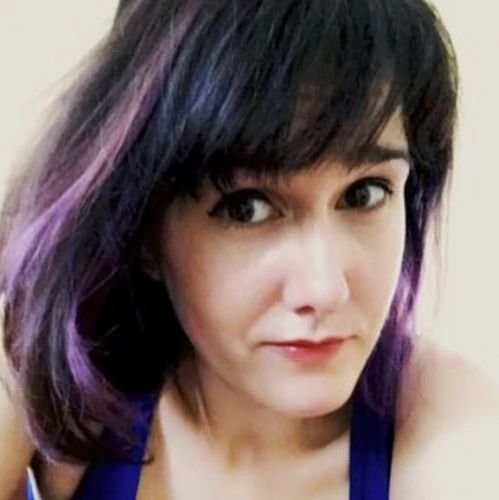
Maggie BenZvi is a contributing editor for Coffee or Die. She holds a bachelor’s degree in political science from the University of Chicago and a master’s degree in human rights from Columbia University, and has worked for the ACLU as well as the International Rescue Committee. She has also completed a summer journalism program at Northwestern University’s Medill School of Journalism. In addition to her work at Coffee or Die, she’s a stay-at-home mom and, notably, does not drink coffee. Got a tip? Get in touch!
BRCC and Bad Moon Print Press team up for an exclusive, limited-edition T-shirt design!
BRCC partners with Team Room Design for an exclusive T-shirt release!
Thirty Seconds Out has partnered with BRCC for an exclusive shirt design invoking the God of Winter.
Lucas O'Hara of Grizzly Forge has teamed up with BRCC for a badass, exclusive Shirt Club T-shirt design featuring his most popular knife and tiomahawk.
Coffee or Die sits down with one of the graphic designers behind Black Rifle Coffee's signature look and vibe.
Biden will award the Medal of Honor to a Vietnam War Army helicopter pilot who risked his life to save a reconnaissance team from almost certain death.
Ever wonder how much Jack Mandaville would f*ck sh*t up if he went back in time? The American Revolution didn't even see him coming.
A nearly 200-year-old West Point time capsule that at first appeared to yield little more than dust contains hidden treasure, the US Military Academy said.












